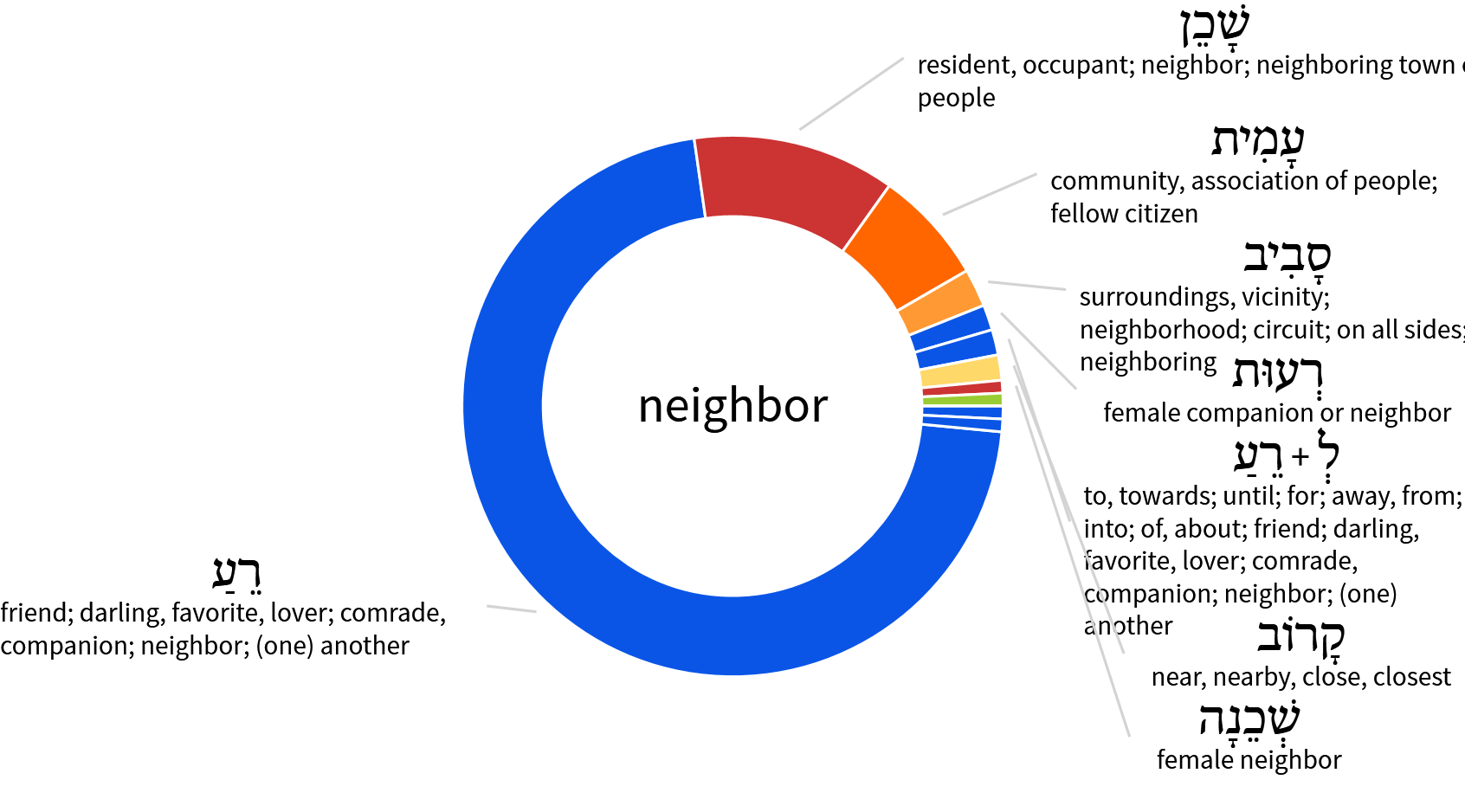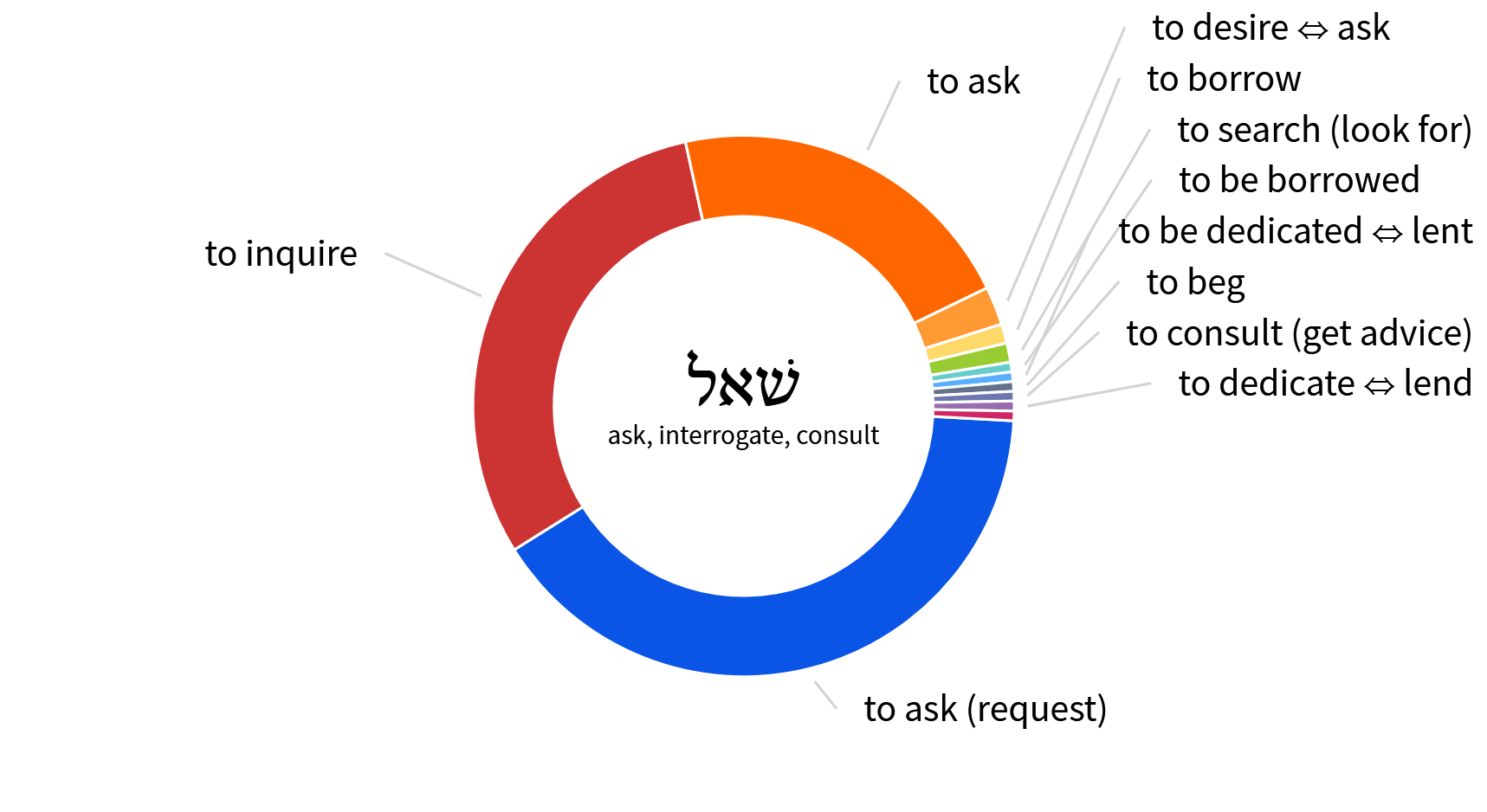Exodus 3:21-22
21 I will even make the Egyptians so well-disposed toward this people that, when you go, you will not go empty-handed. Every woman will ask her neighbor and the resident alien in her house for silver and gold articles and for clothing, and you will put them on your sons and daughters.
This passage raised a few of questions for me. Since I think these questions are interrelated, I'll ask them all here rather than creating a separate post for each.
In what sense were the Egyptians "neighbors" to the Israelites. Did they live side by side with them in the same neighborhood even though the Israelites were slaves? We some the Egyptians also slaves and thus living with the Israelites?
Some translations use the verb "borrow" instead of "ask" in this verse. Should we understand the Israelite women to be asking for a gift, or merely borrowing the jewelry with the expectation that it be returned after a brief journey to attended an Israelite festival?

